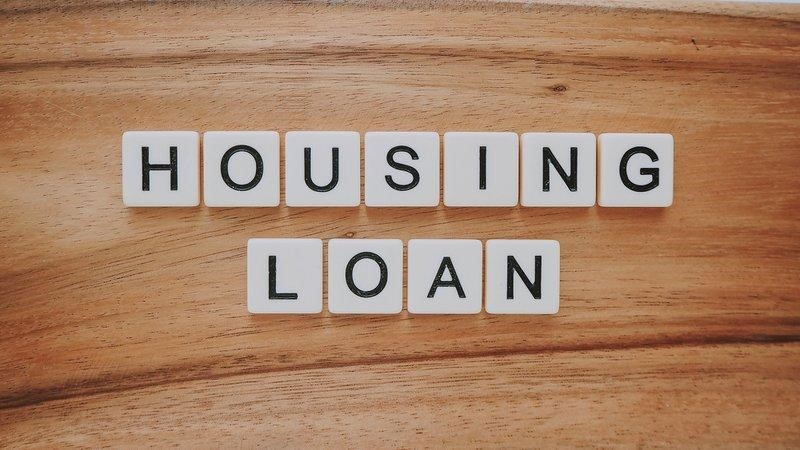What Is a Hard Money Lender?
Who do you imagine when people talk about a private hard money lender? Many people don’t have a good understanding of who hard money lenders are. Unfortunately, this kind of private investor is seen by many as a shady person who will break your legs if you don’t pay your debts in time. This image could not be further from the truth.
The Private Hard Money Lender
A hard money lender is a private investor or a group of investors who can offer a hard money loan. The main difference between them and banks is that they are not institutions. Their activities are less regulated, which enables them to create their own rules.
More and more people are entering the hard money lender market. Bloomberg recently reported that private credit is on the rise lately, and it is helping to fuel the current private equity boom. Private credit is now reported to be as big as $776 billion. While hard money lenders are not the bulk of those credit offerings, they are certainly an important part of them.
It’s important to understand who these investors are and what they can do for you. In fact, it’s important to understand what a hard money loan is. They are short-term loans that are generally used to buy properties. They are secured by the property that is being bought, and are considered safe investments. That is, if you are careful and only invest in property after you’ve done plenty of research.
People generally take hard money loans to “flip” houses. That means they buy a property with a low market value, renovate it, and sell it for profit. The idea is that you can buy the property quickly, fix it up, and turn a quick profit. The faster you do it, the more you’ll profit.
This activity is becoming pretty common. According to ATTOM Data Solutions, 2019 marked a 9-year high in home flipping.
Before you look for a hard money lender, you should know that they are not fit for all investments. They are most ideal if you can’t go to a bank or don’t have time for the process.
How Does The Hard Money Lender Benefit?
The hard money lender’s benefit comes from comparably high-interest rates. People who can’t, or don’t want to, use traditional lenders generally seek out hard money loans. This happens for several reasons, and they work as a second option, as well.
Loan fees can be around 5 percent, and the annual interest could easily be higher than 15 percent. Not many investments allow for these profit margins so quickly. Overall, this can be beneficial for both parties.
Another reason why people decide to become hard money lenders is that they can determine their conditions and guarantees. This gives them many advantages during the negotiation.
Lenders generally lend up to between 65% and 75% of the value of the property that they hold as collateral. But, some decide to take on more risk for the benefit of a higher interest rate. The higher the interest rate, the more profit the lender will achieve. The time frame to pay off these loans is often short. Most of them have to be paid in 12 to 24 months.
Keep in mind that fees and interest may vary a lot, though. This practice is not strictly regulated, so lenders can set prices and conditions as they wish. Do your research and tread with caution when looking for a hard money lender.
The criteria for approving loans may also vary from lender to lender. Most of the time, they don’t evaluate someone’s credit for approval. Their attention is most set on the asset that they are lending money on.
Finding The Right Hard Money Lender
If you need a loan, it is important to find the right hard money lender. You need someone that you can trust and preferably who will be near you.
You should look for a professional investor who has experience with hard money loans. Ask for referrals from previous clients or associates. Learn as much as you can about the lender’s past business practices. This will help you avoid fraudulent lenders and scammers.
You should also get to know the hard money lender before you sign any final paperwork. It’s also a great idea to ask an experienced attorney to look at the details of the contract before you sign it.
Remember that hard money loans are not without risk. If you are well-prepared, however, you’ll minimize unhappy surprises.
Sources
https://www.attomdata.com/news/market-trends/flipping/q1-2019-home-flipping-report/








